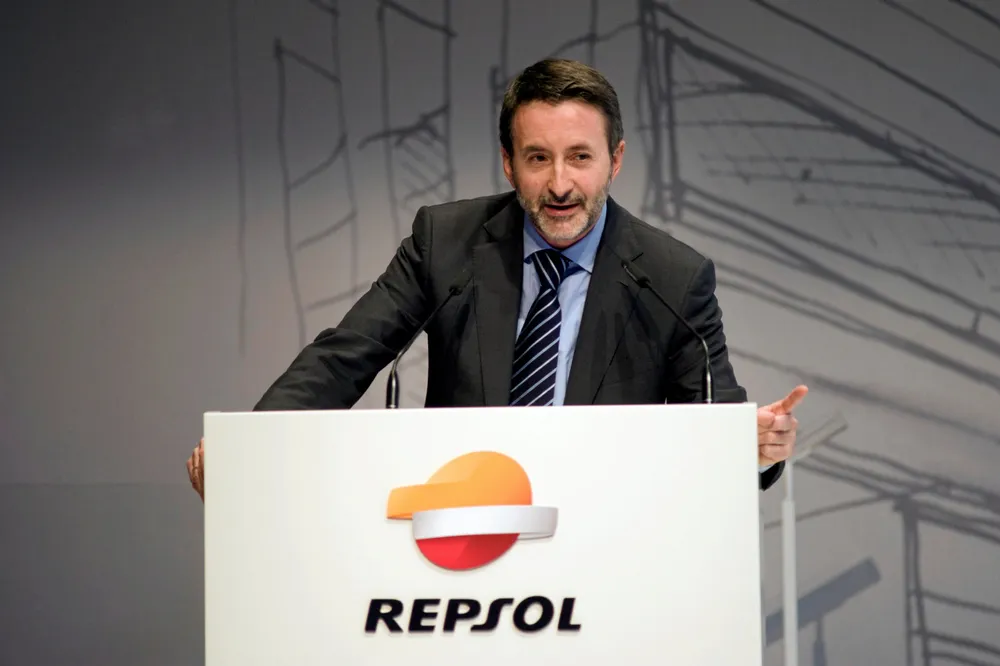Repsol and Ibereolica joint venture completes first wind farm in Chile
Duo already turning their attention to next project as they look to rapidly scale up renewable capacity in South American country

Duo already turning their attention to next project as they look to rapidly scale up renewable capacity in South American country
